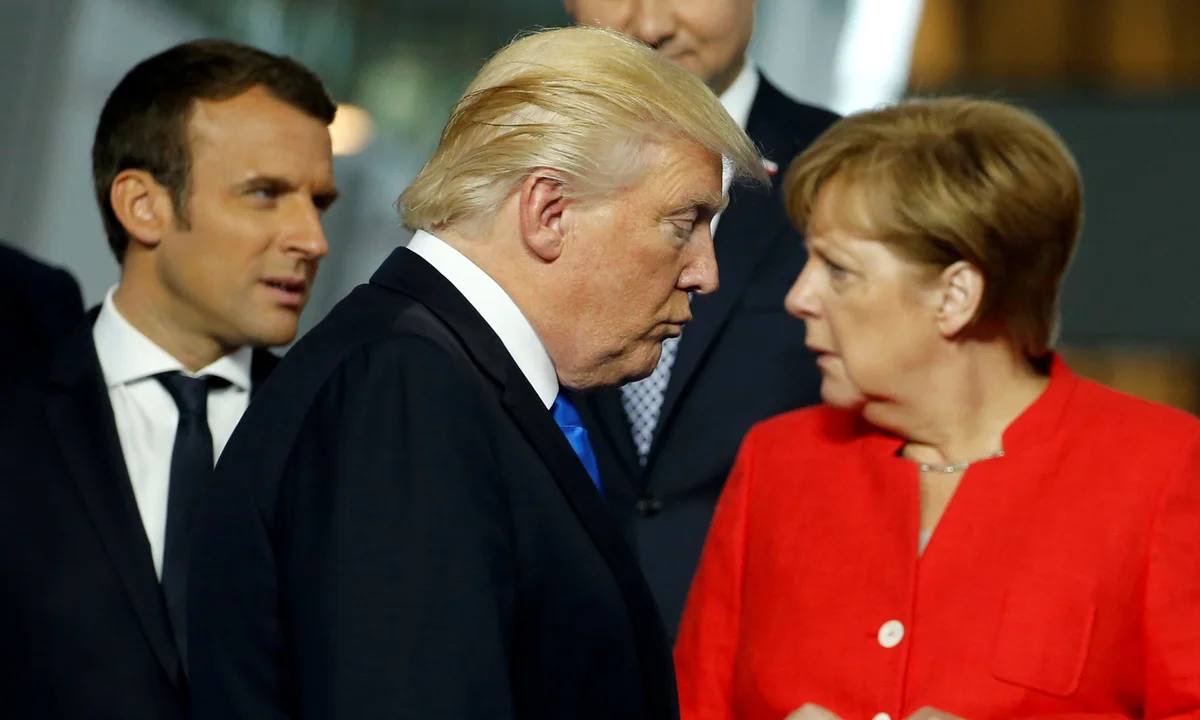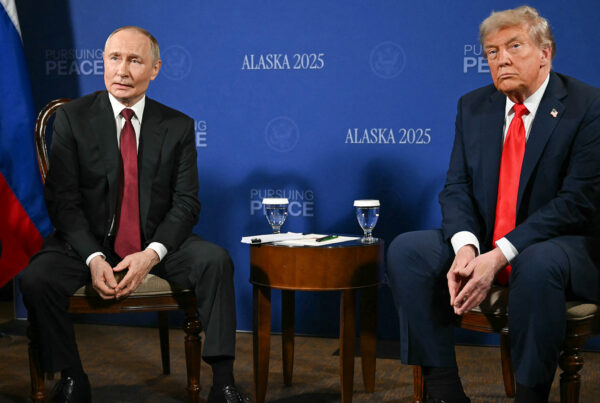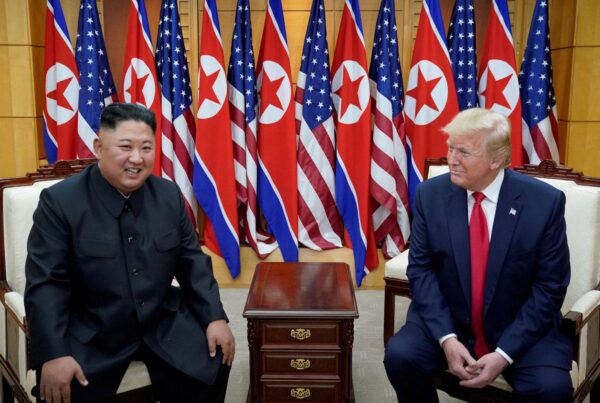The climate summit at the UN General Assembly this year became the world’s spotlight. More than 100 nations attended and pledged to update their emission targets, marking an important step toward COP30 in Brazil. Yet amid a hopeful atmosphere, US President Donald Trump delivered sharp criticism. He called climate change the greatest con job in history. The statement triggered global debate but did not stop other nations from moving forward with their climate agenda.
Global Climate Commitment at the UN Assembly
UN member states used the General Assembly as a stage to demonstrate their determination to address the climate crisis. Around 40 heads of state directly announced plans to update their 2035 emission targets. The UN emphasized that all nations must submit updated NDCs by September 30. This deadline has been marked as a milestone for collective efforts to keep global temperature rise under control.
This commitment came after recent evaluations showed that many of the world’s climate targets remain far behind the 1.5-degree Celsius pathway. Developing countries highlighted the need for financial support, while developed nations were urged to show leadership. Despite complex geopolitical tensions, solidarity on climate action was still strongly visible in New York’s assembly hall.
New 2035 Targets and Global Pressure
Countries that pledged reaffirmed their plans to strengthen NDCs through 2035. According to Carbon Brief analysis, at least 50 percent of global emissions are now covered by new or promised pledges. Still, many observers argued these pledges are not ambitious enough. The world needs bolder steps to prevent overshooting the 1.5-degree threshold.
Experts at the World Resources Institute stated, “The new commitments represent progress, but they do not yet match the urgency of the climate crisis.” They stressed the importance of transparency, strict monitoring, and moral accountability for nations that fail to meet their pledges.
Role of Developing Nations
Developing nations view climate issues not only as emission reduction, but also as a matter of justice. They demand real financial support for energy transition and adaptation. African countries emphasized their vulnerability to climate disasters ranging from droughts to severe floods. Meanwhile, small island states urged immediate global action since their very existence is threatened by rising sea levels.
Trump’s Stance and Its Impact
Donald Trump once again drew the world’s attention with his UN Assembly speech. He described climate change as a “con job.” For Trump, renewable energy policies hinder America’s economy. This view sharply contrasts with the majority of world leaders who see energy transition as an opportunity.
The speech recalled his previous move to withdraw the US from the Paris Agreement during his first term. Although the US has since rejoined, the president’s stance continues to shape policy direction. Trump’s words create uncertainty, especially as the US is the world’s second-largest emitter.
Facts Contradicting Trump’s Claims
Numerous media outlets and research institutions quickly debunked Trump’s claims. Data shows that the cost of solar and wind power has dropped significantly over the past decade. The International Energy Agency reported renewable energy capacity is growing rapidly and now dominates new power generation projects. Trump’s remarks are seen as misleading and contradictory to scientific evidence.
Moreover, academic studies show the US stands to gain economically by accelerating its energy transition. The green jobs sector is projected to expand faster than traditional fossil-fuel industries.
International Reactions to Trump
Several world leaders issued strong responses. The French President called Trump’s statement a dangerous step backward. The German Chancellor stressed that global commitment must not be disrupted by the stance of a single nation. Even Asian leaders, including Japan and South Korea, emphasized the need for collaboration without delay.
On the other hand, some conservative politicians in the US welcomed Trump’s remarks. They argued that green policies burden domestic industries. This division highlights how polarized the climate debate has become, both inside the US and globally.
China and Asia’s Role
China drew particular attention at the summit. For the first time, the world’s largest emitter announced an absolute emission reduction target. Beijing pledged to cut emissions by 7 to 10 percent from its peak by 2035. Though considered conservative, the move is still regarded as a breakthrough.
This policy signals that China is responding to international pressure. Previously, its climate goals were intensity-based rather than absolute numbers. Now, the world expects Beijing to go further in aligning with the Paris Agreement.
Experts’ Response to China’s Pledge
Observers noted that China’s target remains far from ambitious. Yet they acknowledged the step could motivate other nations. If China acts more aggressively, other developing countries may follow suit.
Carbon Brief’s report highlighted that even modest cuts by China could have significant global impact due to its massive emission scale.
Diplomatic Pressures Across Asia
Other Asian nations also made fresh pledges. Japan announced higher renewable energy targets, while India reaffirmed its role as a leader among developing countries. Asia has now become the center of global attention because of its dual role as both a major emitter and a key engine of global economic growth.
The climate summit at the UN Assembly reaffirmed that the world will not stop despite fierce criticism. Climate commitment remains a shared agenda that cannot be delayed. Donald Trump’s statement may have stirred debate, but the majority of leaders chose a different path. The world appears more determined than ever as it heads toward COP30 in Brazil. For further updates, readers can follow Olam News’ comprehensive coverage in the Environment section.







3 Comments